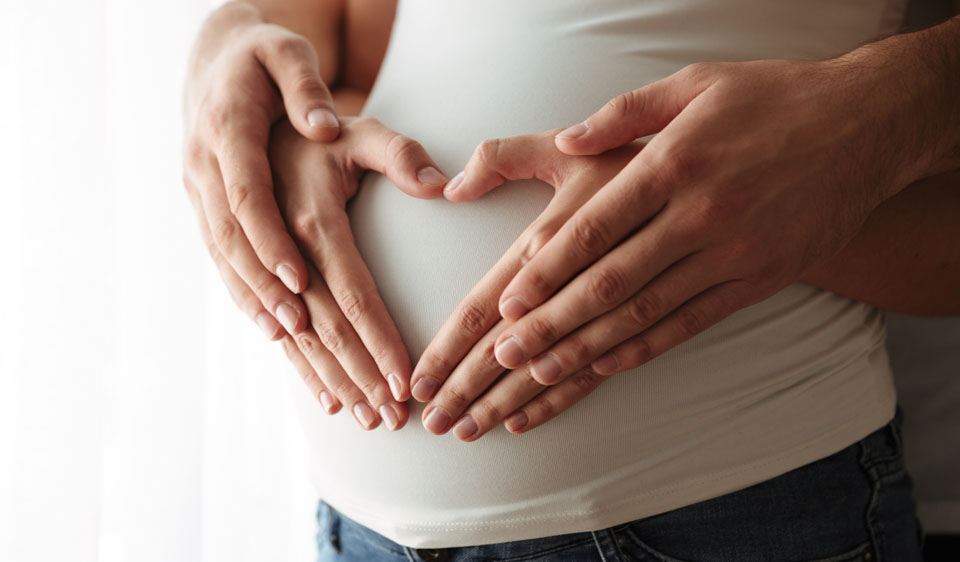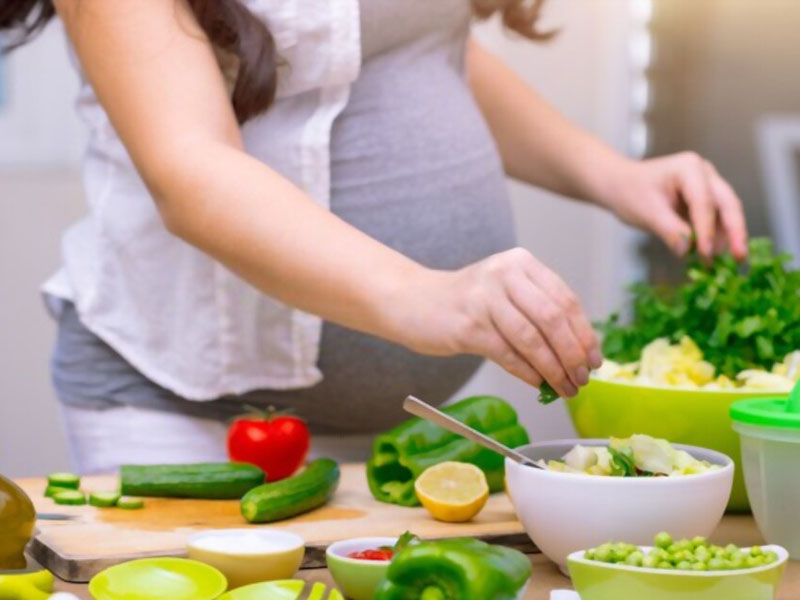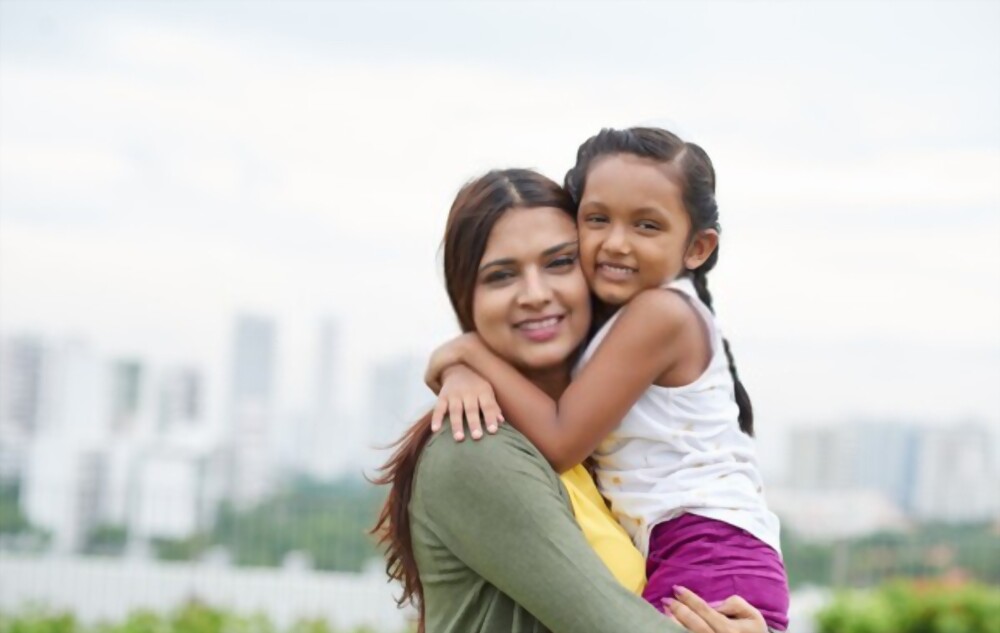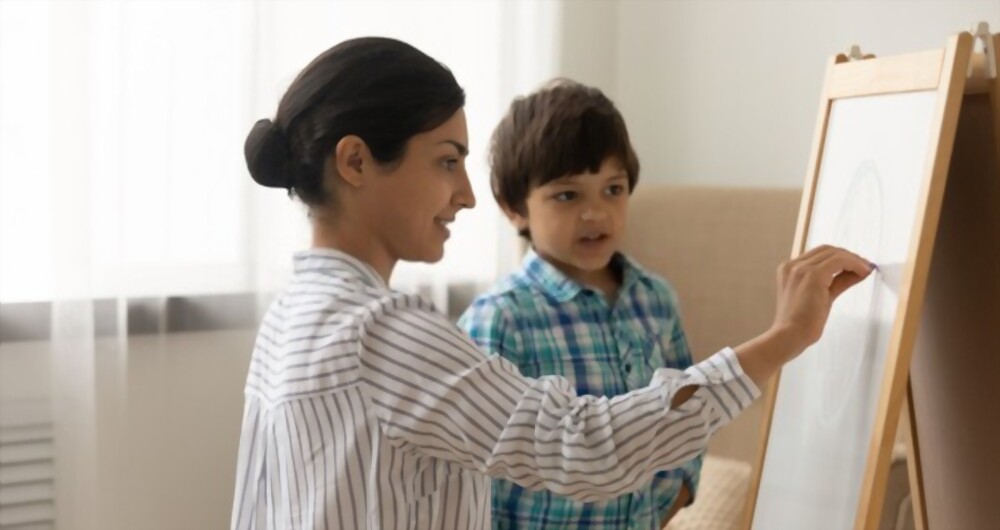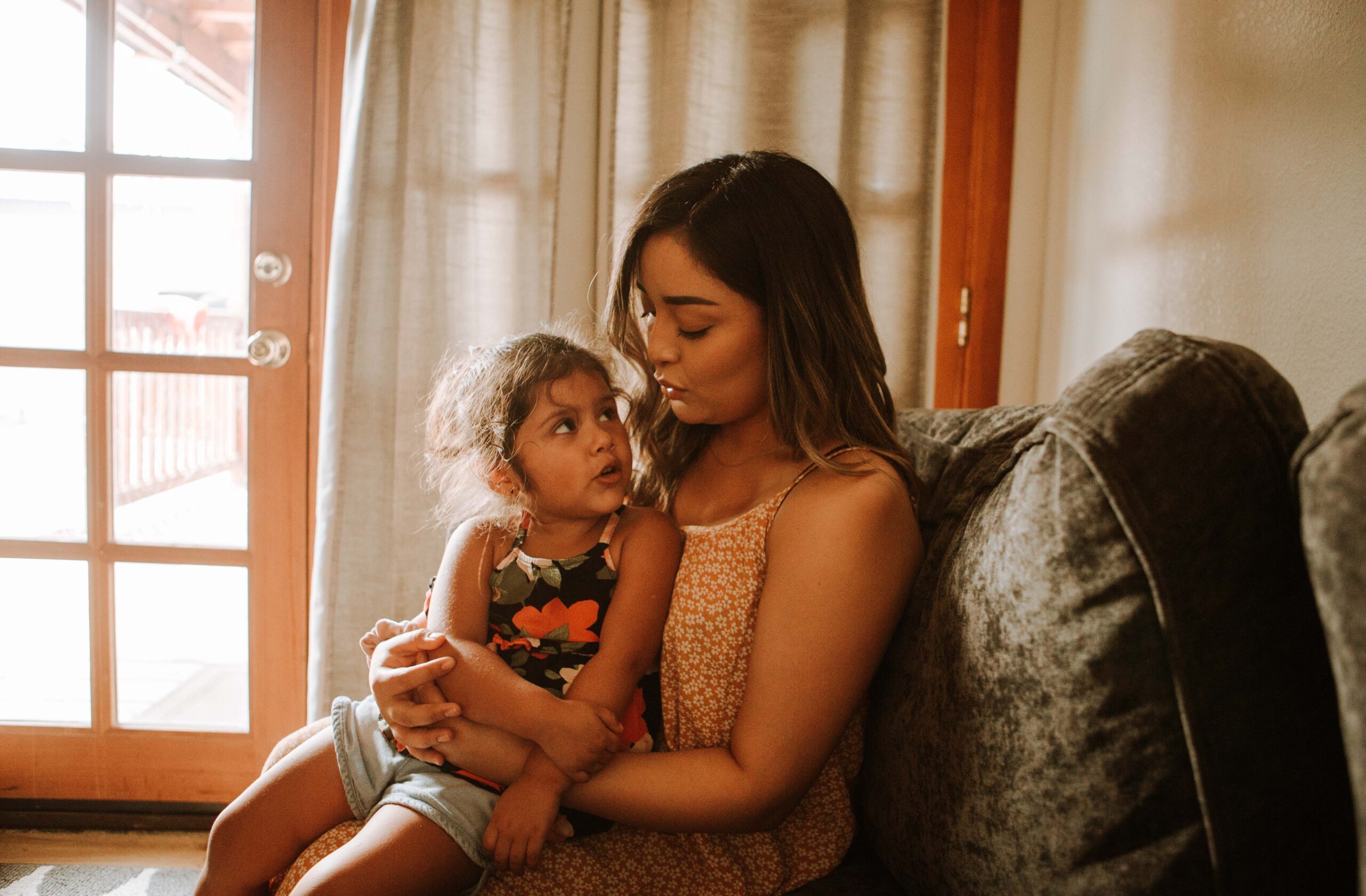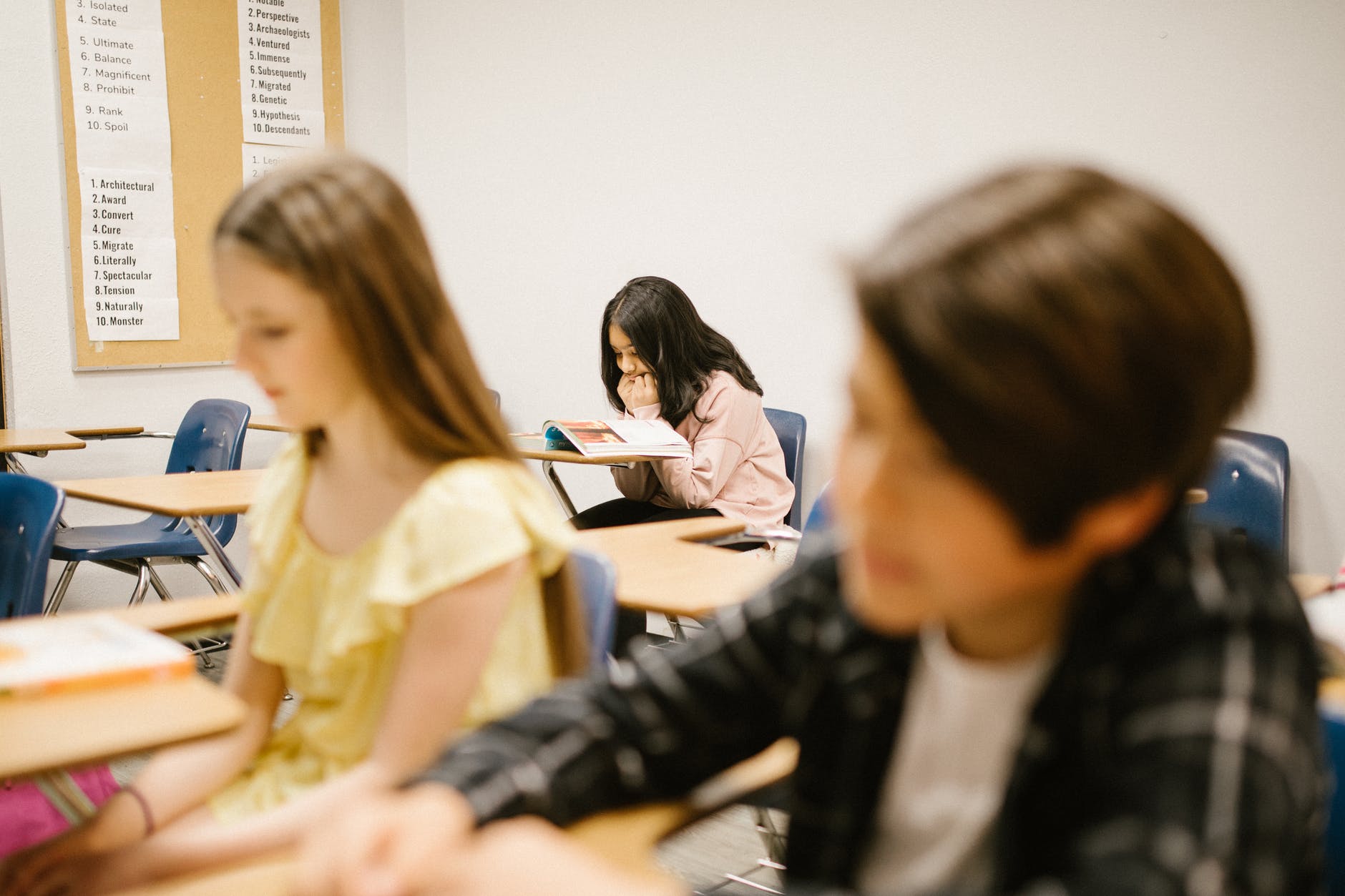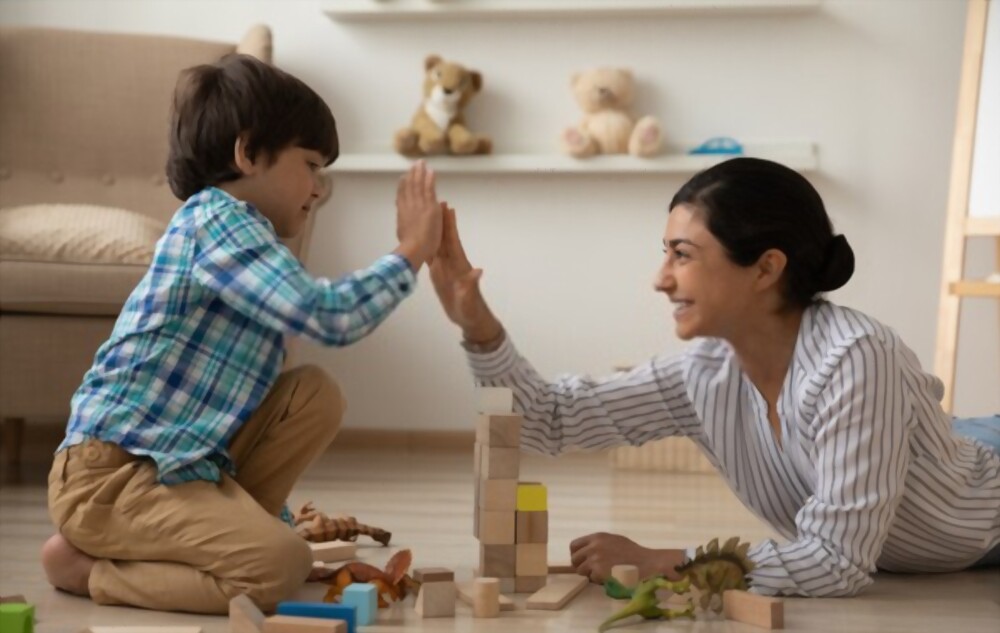
Separation is sometimes inevitable, but for the good. But when there are children involved, it becomes difficult for the parents to part ways amicably. And to add insult to injury, there will be people giving unsolicited advice to the parents about ways to bring up their children.
So, how do you shield your child from all that negativity and yet ensure that they have an equal presence of both the parents while growing up?
At We Positive Parenting, the parenting guides offering counselling for divorced parents in Ahmedabad, suggest Co-parenting.
Unless there has been a serious issue of domestic violence or abuse, Co-parenting is the answer for this question!
Co-parenting is when two or more adults share their duties and work together to raise their child without being in a marital union. Basically, it is a child custody agreement which is unfortunately unknown to many couples in India. This parenting technique requires a high level of cooperation and collaboration between the estranged partners in order to benefit the children.
Here’s why co-parenting can be a game changer in the upbringing of children of separated or divorced parents
1) Children are less likely to feel torn between their parents
When a couple gets divorced, the children tend to feel abandoned in the tussle. With a planned schedule for the children to spend time with their parents, overseen by the law, co-parenting gives children the space to bond with both the parents. But, healthy co-parenting also needs guidance at every step for the wellbeing of the kids.
Consider taking Parenting counselling services from Ahmedabad’s We Positive Parenting and learn the ropes of co-parenting, on how to make the children understand the new dynamics of the family, and that they can still have a loving relationship with both of the parents despite them living separately.
2) Reduces stress & conflict in children
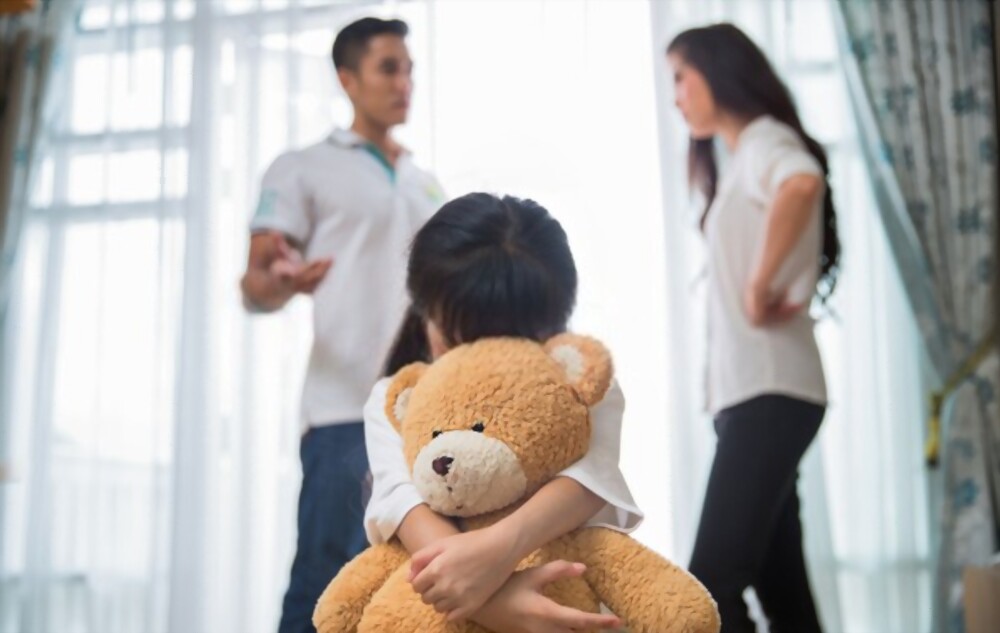
Witnessing the dissolution of marriage can be traumatic for children of all ages. A study on ‘The Impact of Parental Separation and Divorce on the Health Status of Children’ stated that such children tend to suffer from depression, higher frequency of violence, learning and social deterioration along with high risk for suicidal attempts.
In recent years, more research showed that the divorce process further affects the state of physical illness in children. These can have a long lasting effect on the children.
Co-parenting reduces the risk of mental health challenges in children. This method of parenting helps the children to feel safe & secure despite everything happening around them, as they see their parents work together to provide everything to them. They grow up with reduced conflicts in their lives.
3) Enhances problem solving skills
Marrying too young, unrealistic expectations, lack of commitment, and other reasons lead to divorce. And when children see their parents co-parenting them despite all these issues, they are more likely to learn how to solve any problem peacefully on their own. As co-parents cooperate with each other, they become a healthy example for their children and establish a life pattern that can be followed by their children in the future. They get a better understanding about relationships and conflict resolution by learning effective communication.
Usually, the children of healthy co-parents know that their parents may not always agree on everything, but believe that they get along. They feel that the parents make efforts and show respect to each other.
Now, let’s talk about the obstacles that may come in the way of co-parenting.
